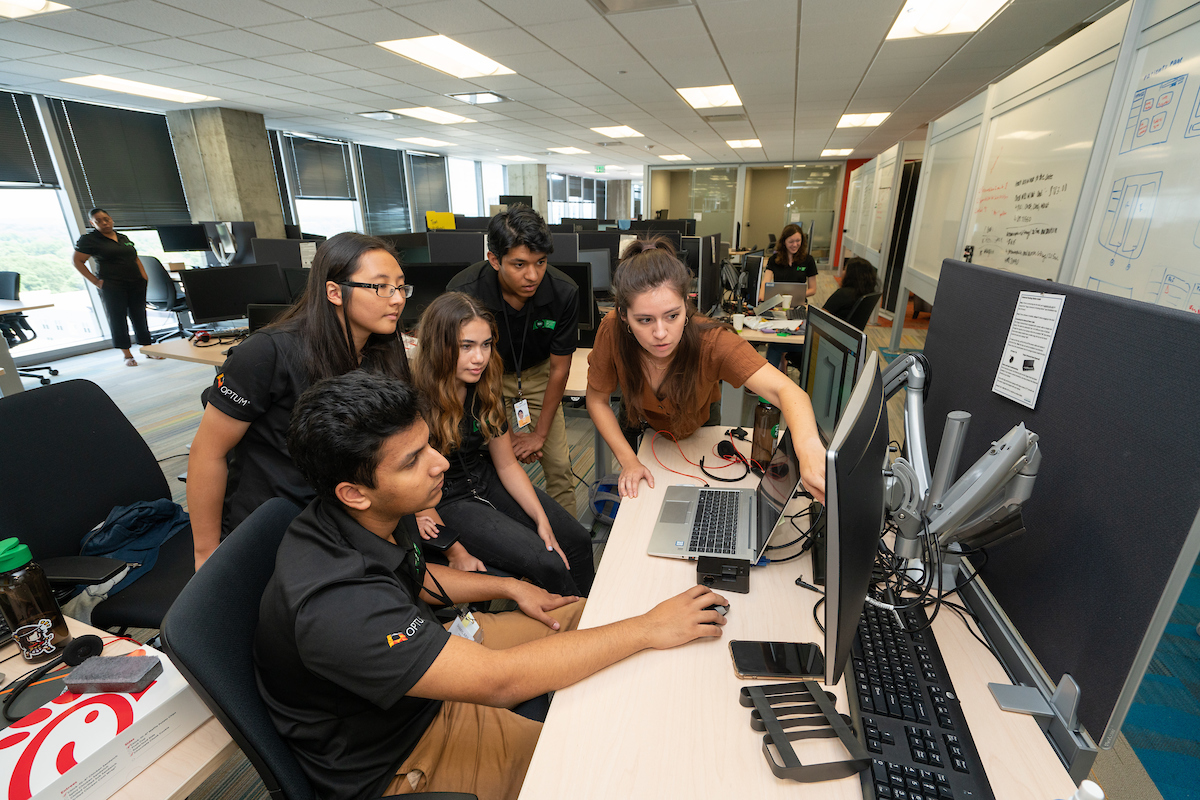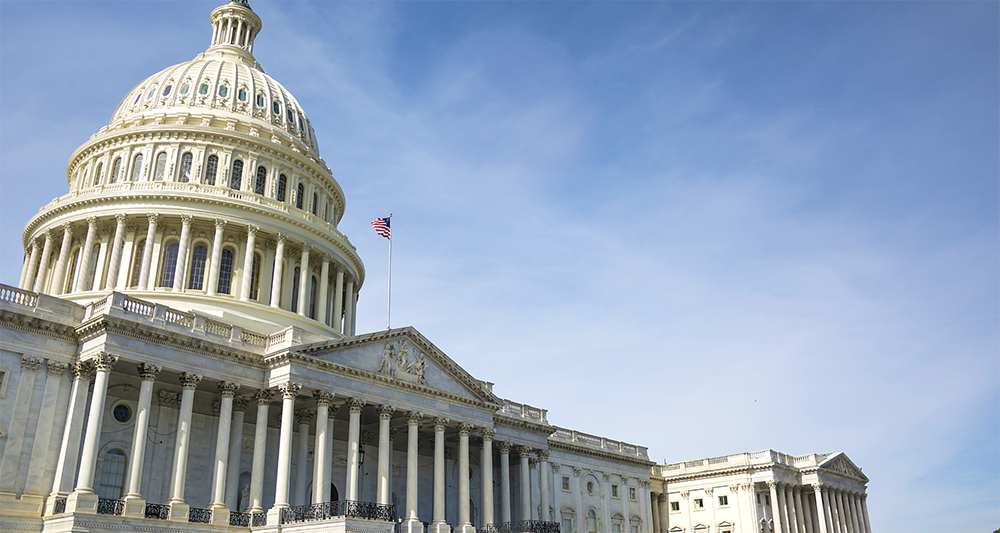5 Takeaways from the National Push for Youth Entrepreneurship Education

This spring, NAF proudly took part in a powerful coalition of education and workforce organizations for a gathering in Washington, D.C. to send a clear, unified message to lawmakers: Entrepreneurship education is essential for preparing today’s students for tomorrow’s workforce.
Led by our partners at NFTE (Network for Teaching Entrepreneurship), the coalition—which includes BUILD.org, CAPS Network, Project Lead The Way, The Possible Zone, Virtual Enterprises International, —represents more than 2.8 million students across the country. Our shared goal: To advocate for federal policy that makes entrepreneurship a core part of the American education experience.
Here’s why this moment matters for NAF’s mission.
1. A Coalition with a Shared Vision
With the mere act of coming together and gathering in Washington, our coalition – which was also joined by ASA (American Student Assistant for the gathering – amplifies a common message core to our shared missions: All students should have access to entrepreneurial learning.
2. Movement on Capitol Hill
In April 2025, the coalition met with bipartisan members of Congress and their staff to make the case for embedding entrepreneurship education into federal policy conversations, as well as, hosted a Congressional briefing on the importance of entrepreneurial education.
3. We’re at an Inflection Point on Workforce Readiness
Entrepreneurship programs help students build the real-world or Future Ready Skills they’ll need in any career—critical thinking, communication, initiative and self-direction, collaboration, and problem solving. These aren’t “nice-to-haves”—they’re essential.
“Doing this together—not expecting one program to drive change—is what will move the needle,” said Lisa Dughi, CEO of NAF. “When we align our programs, we amplify outcomes. The whole becomes exponentially greater than the sum of its parts.”
4. Bipartisan Support Is Growing
The meetings revealed a growing consensus across party lines: We need stronger pathways to career and life readiness, and entrepreneurship is a proven model that works.
5. A Clear, Three Pronged Call to Action
The coalition is urging lawmakers to treat entrepreneurship education as a foundational part of K–12 and postsecondary learning. To advance youth entrepreneurship, the coalition identified following legislative actions:
- Continue funding for Career and Technical Education (CTE): Hold steady the Perkins Basic State Grant to provide high-quality CTE programs that integrate entrepreneurship and work-based learning.
- Reauthorize the Workforce Innovation and Opportunity Act (WIOA): Update the legislation to include “entrepreneurial skills development programs” and recognize “fundamental workforce readiness skills” as eligible components of youth workforce programs.
- Expand Pell Grant eligibility to short-term credentials: Enable more students to access fast, flexible, and workforce-aligned educational opportunities that prepare them for immediate career pathways.
Why It Matters
This kind of unified advocacy is rare—and powerful, and yet the work has only just begun. To move forward, we need to continue to educate policymakers about the benefits of entrepreneurial learning, engage new stakeholders across the education, workforce, and economic development landscapes, and advocate for meaningful policy changes that expand access to these opportunities nationwide.
NAF is proud to stand with our peers in championing youth entrepreneurship education. It’s not just about starting businesses—it’s about helping students see themselves as creators, problem-solvers, and leaders in whatever pathways they choose.
Let’s keep the momentum going. Take a look at the policy brief: A Unified Voice for Youth Entrepreneurship: National Coalition Takes to Capitol Hill for more. Part of NAF? Join us by reaching out to the policy team to share examples of how your academy(ies) are utilizing Perkins funding for entrepreneurship programs and/or generally integrating entrepreneurship into your academies: Contact policy@naf.org




